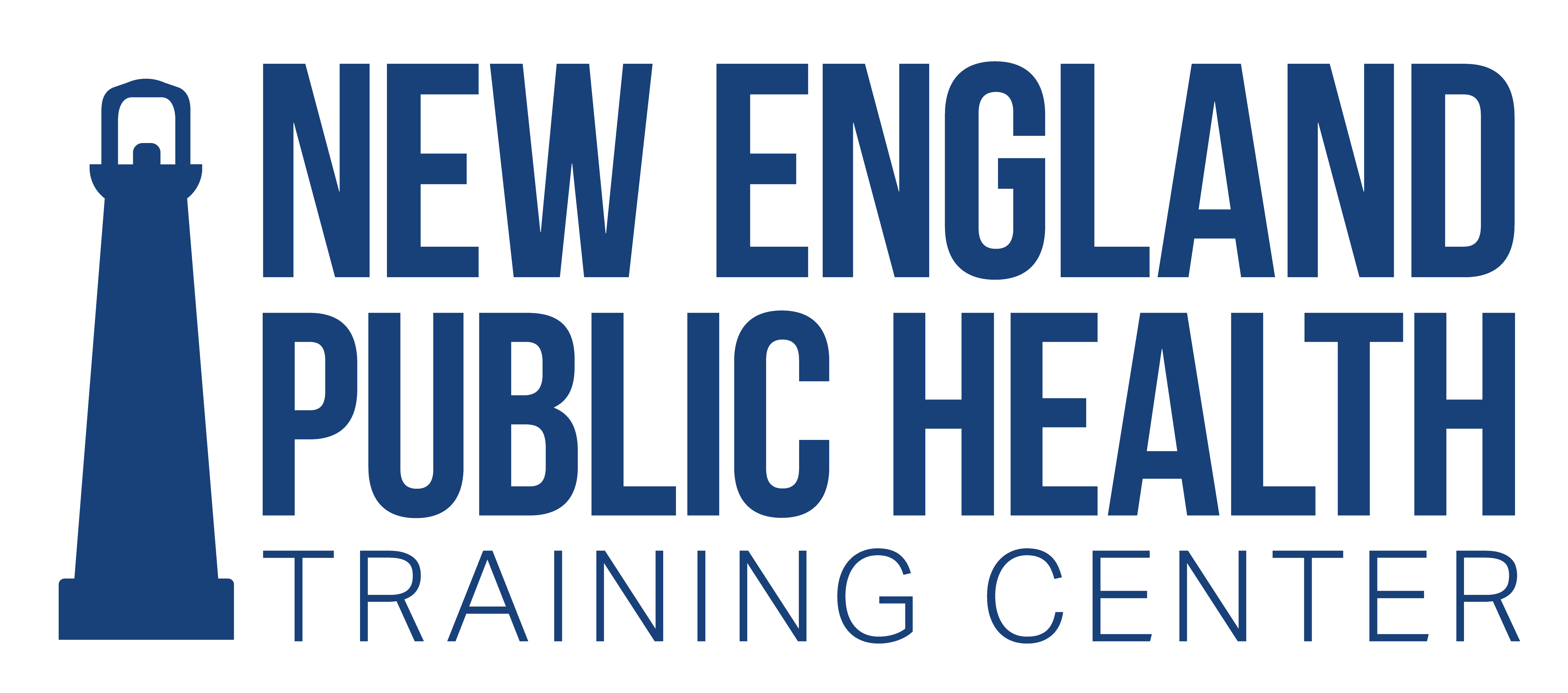
Course Information
- Audience: Heads of local or regional health departments and managers or directors in city or state public health agencies in Massachusetts; managers of community organizations may also find valuable
- Format: Recorded Online Webinar
- Date/Time: November 29, 2016, 9:00-11:30am (Eastern Time)
- Price: Free
- Length: 1 hour and 46 minutes
- Credential(s) eligible for contact hours: Certificate of completion
- Competencies: None
- Learning Level: Performance
- Supplemental materials: PowerPoint
- Technical Requirements: Modern web browser, such as Internet Edge, Chrome, Firefox, or Safari. Speakers or headphones
- Companion Training: Managing Effectively in Today's Public Health Environment
- Pre-requisites: None
About this Webinar
What trends are happening in the external environment that are affecting the public health organization and how can you manage them? How can contemporary theories of management and motivation inform your work? Learn about the skills needed for managers to thrive in today’s new normal.
What you'll learn
At the end of the course, participants will be able to:
- Classify trends affecting public health organizations today into one of five types
- Give two examples of consequences of the trends on public health organizations
- Name two contemporary theories of management and two parts to employee engagement
- Identify four effects of contemporary theories of management and motivation on organizations today
- Describe three skills needed to thrive in the “new normal”
Subject Matter Expert

Brenda Wagenknecht-Ivey, Ph.D.
CEO
Praxis Consulting, Inc.
Registration and Contact Hours
Select the Enroll button below to register for this webinar. If you have any trouble accessing the webinar, contact trainingmanager@nephtc.org.
The Certificate of Completion will include the length of the webinar. Generally 50 – 60 minutes is equivalent to 1 contact hour. Contact hours may be applicable towards continuing education requirements for certain credentials. Check with your credentialing body to verify if the topic meets its continuing education requirements.



